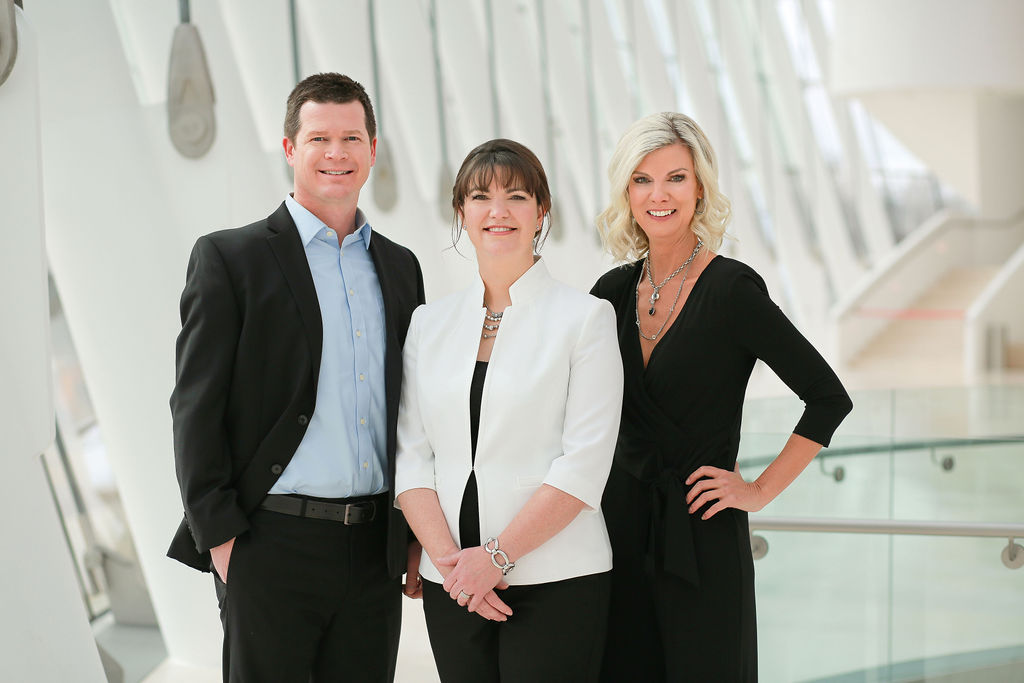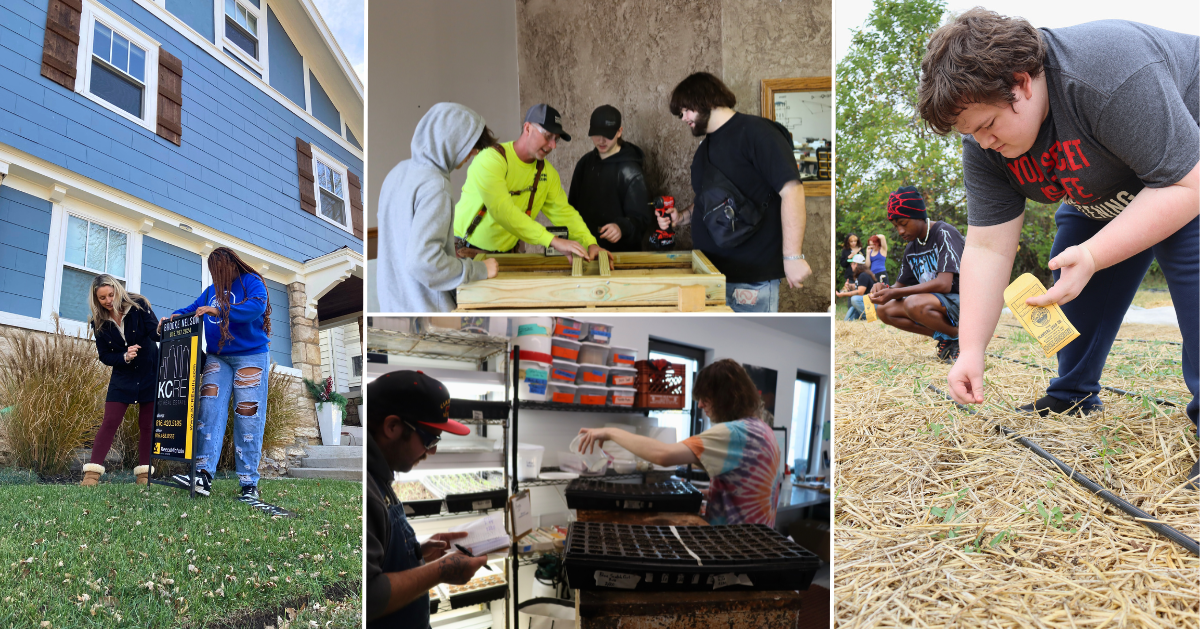Link copied to clipboard
In celebration of Financial Literacy Month, we invited Stephanie Guerin, CFP®️, Wealth Advisor, to write a guest blog. She offers financial tips to keep in mind as you build a successful, meaningful career.
Guest Author: Stephanie Guerin, CFP®️, Wealth Advisor, Buckingham Strategic Wealth
You only get one life. What are you going to do with it?
You can ask any person at any age this question. It is my belief that people who have clarity and a plan are far more likely to benefit from a consciously led life. They will benefit the most from “happy accidents” and not be side-tracked by inevitable challenges.
Here’s how you can start:

Imagine yourself, at the end of your life, lying in a bed, surrounded by those you love and looking back on your career. What did it give you? What did it give those you loved? What did it give to the world? If you can answer that question now, no matter what career stage you are in, you have the start of a vision and can follow it. If you can’t, I encourage you to start reflecting on this question.
A well-planned and adaptive career path determines your true potential to build an amazing life for yourself, those you love, and those in your community. And it’s never too late to start if you want to make what you have better. Here is a process to do this. It’s our proprietary Design | Build | Protect™ methodology. And it’s powerful.
Design
Simply stated, what do you want to get out of and give back with your career? A long-term vision, whether you are starting at 18 or at 60, will make it more likely you will be satisfied. Your vision should include not only a day-to-day existence, but also significant goals you have for the future. We have an exercise we take clients through that allows them to plan their life backwards, then repeat the process going forward. It’s enlightening and fun for them, but it also helps married couples get on the same page and have some conversations that can be very rewarding. We work with them to put numbers to the plan so we can measure and track progress. The documents we produce are very fun to go back and review over the years to see what has come to fruition and what has changed.
Your career can be the most impactful resource at your disposal in your vision. Designing a path is a piece of this life planning. But instead of being on your death bed, we are planning your retirement party or maybe “lifetime achievement award” dinner. What do you want to be said about you? What are your accomplishments? What experiences did you have? And, of course, what did it put in your bank account for your own security? Plan backward from that day to now. At that point, come up with your career benchmarks so you know you are on the right track.
Build
When you have created your vision for both your life and career, and you have some rough numbers and career benchmarks for what you need to achieve your goals, recognizing and acquiring resources are next. Your career path planning is critical to achieving the vision. Compensation and benefits should be obvious to this type of planning. Knowing what you should be paid for the work you are doing is key to maximizing income. But equally important are identifying non-tangible resources you need to progress. You want to be able to identify and communicate to your employer both what you currently contribute to them, but also what you would like to receive to grow in your path. The relationship should be symbiotic. Often, you will also have to go outside your employer to build skills and relationships to progress your vision. This may include formal training, conferences, networking and of course, connecting with mentors.
As you build your career, you also must build your tangible resources. One of the biggest mistakes we often see is people squandering resources. People waste time and money on things that are not important to their real values and vision. Their income jumps and they immediately buy more consumption assets – bigger houses, cars, boats, expensive dinners and vacations. They don’t schedule regular opportunities to plan and adapt savings and tax strategies, not to mention basic values-based spending plans for themselves. They don’t consciously plan their careers, and they miss opportunities to build friendships and a network so they have the connections to go to their next level. They forget the need to learn new skills and they stop taking time to educate themselves. This combination leaves people underfunded, not connected and sometimes obsolete. It’s a rough place to be in later life. A better option is to make sure you are regularly taking proactive steps to consciously adapt and build on the strong foundation of your vision.
Protect
Human beings have survived because we are by nature fearful. However, this doesn’t always translate to mitigating the risks of the modern world. Career planning can easily be sideswiped by life. All through your career, you should have an adequate emergency fund (6 to 12 months of living expenses in a bank account), adequate insurance to handle your health care and if you can’t work (disability insurance) and if someone else relies on your income, adequate life insurance to care for them should you pass away. Those are the minimum financial tools needed. Minimum legal tools include powers of attorney for health care and financial decisions if you are incapacitated. Non-financial tools are also necessary to protect your career and should be incorporated into your planning. They include maintaining your network as well as developing your skill set (knowing your Agilities can help you with this). If you lose your job and your plans are derailed, a strong network, a solid reputation for helping others and a list of personal accomplishments will get you farther than if you have just gone it alone over the years. Having the financial tools in place assists you in buying time to allow the non-financial component of your life to work for you.
The only constant in life is that things change. But life also gets busy and it’s easy to put your life on autopilot and abandon conscious living. Because of that, you need to schedule career and life planning on a regular basis. Design your vision and run with it. Not only will you benefit for being your best self, but the world will as well..


